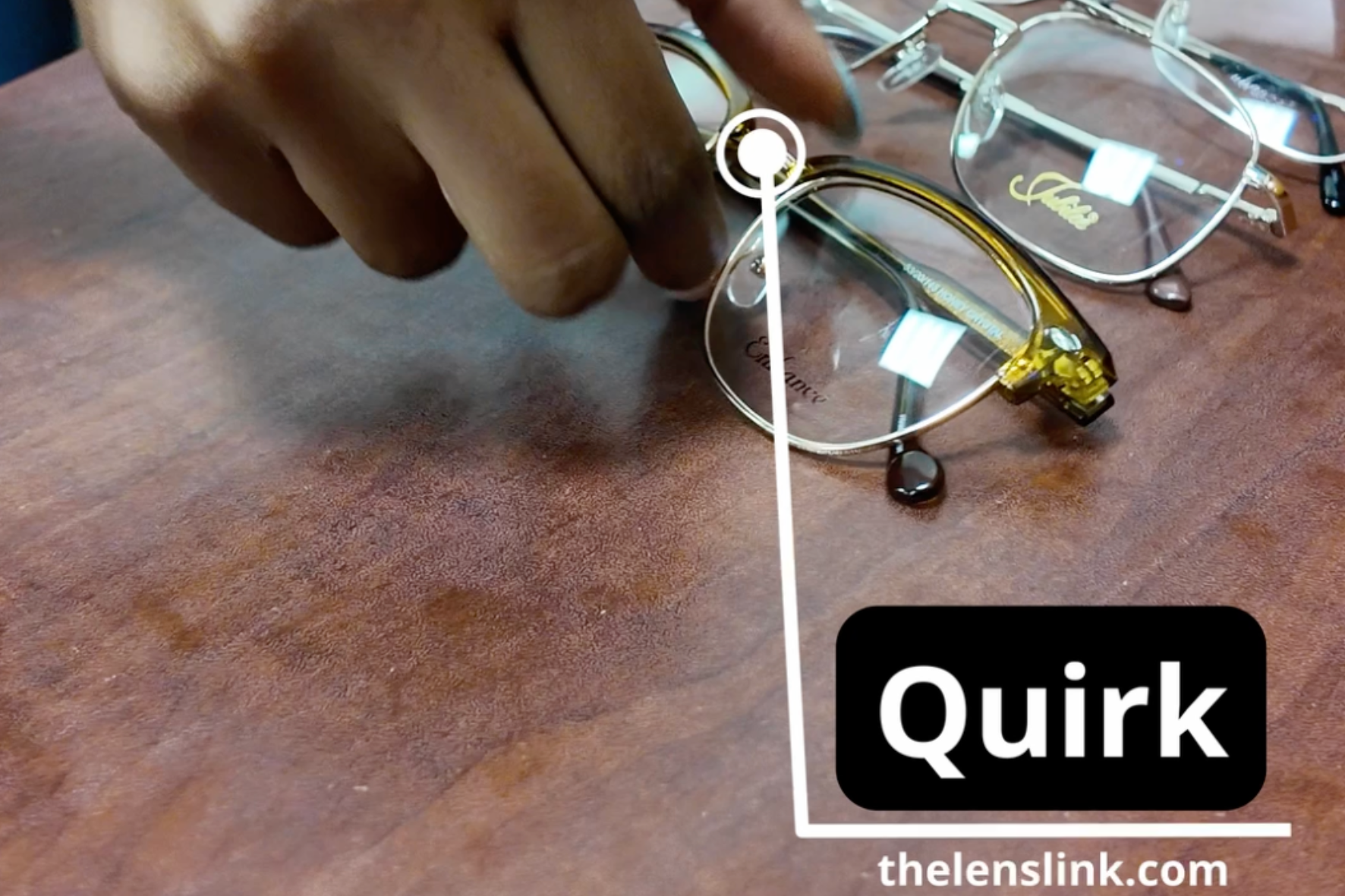The Lens Link x UF CaribSA: A Middle Ground Collaboration
The Lens Link on Feb 22nd 2025
At The Lens Link, we believe that community and culture go hand in hand with innovation and style. That’s why we’re proud to announce our latest collaboration with UF CaribSA, one of the University of Florida’s largest Caribbean student organizations.
Together, we worked on a special project—Middle Ground, an engaging and thought-provoking discussion inspired by Jubilee’s popular YouTube series. This event brought UF students together to explore diverse perspectives, share personal experiences, and spark meaningful conversations within the Caribbean community.

The Lens Link Behind the Scenes
The Lens Link played a key role in bringing this Middle Ground discussion to life. Our team handled:
- Recording and editing the full video to create a professional and compelling final product.
- Styling the participants with high-quality eyewear—every pair of glasses worn in the video was provided by The Lens Link!
Each frame seen in the video is available now on our website, meaning you can shop the exact styles worn by the participants. Whether you're looking for a bold statement piece or an everyday classic, The Lens Link has you covered.

Why This Collaboration Matters
This collaboration goes beyond eyewear—it’s about supporting student organizations, fostering cultural conversations, and amplifying student voices. By working with UF CaribSA, we’re not only showcasing stylish, high-quality glasses but also empowering communities to share their stories.
At The Lens Link, we believe in partnerships that make a difference, and this is just the beginning. Stay tuned for more collaborations, more cultural moments, and of course, more eyewear that helps you see the difference. ✨
Watch the full Middle Ground video now and shop the featured styles on TheLensLink Instagram!

